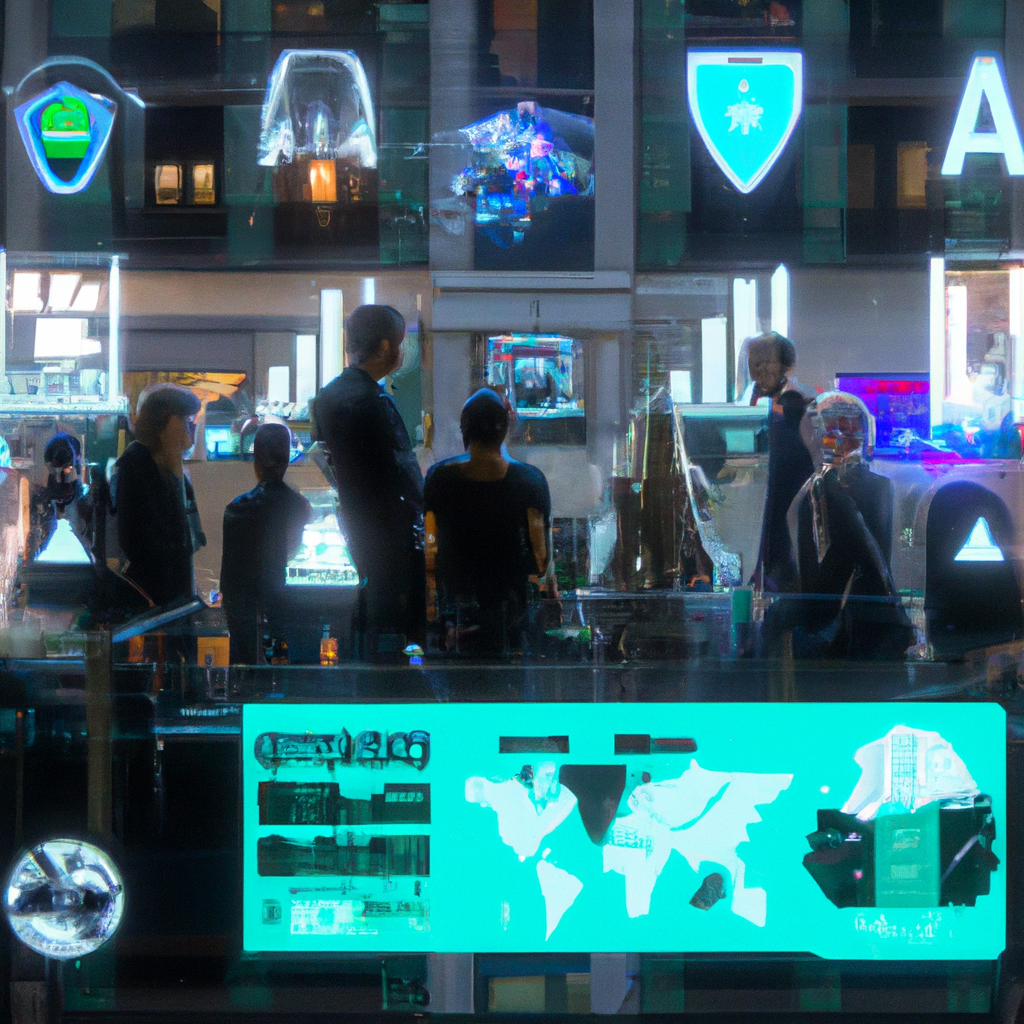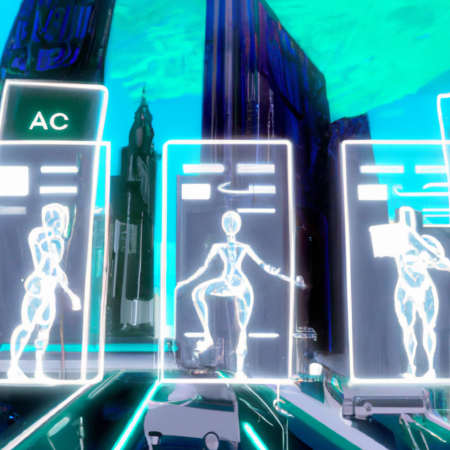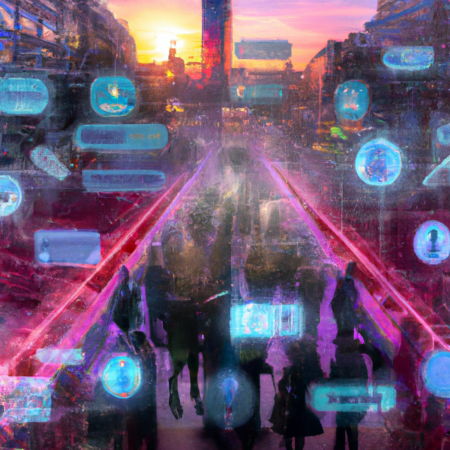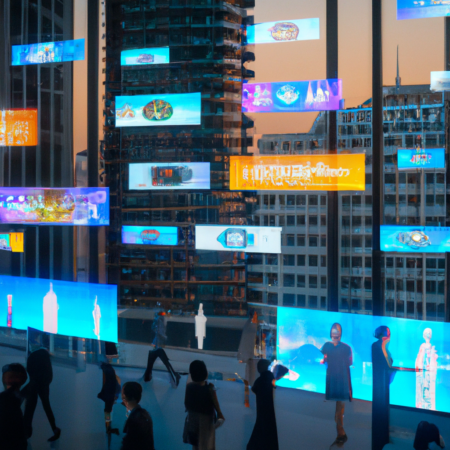Navigating the New Landscape of AI Ethics & Regulation in 2025
As we advance deeper into the digital age, the role of artificial intelligence (AI) continues to expand, bringing forth both innovations and challenges. The year 2025 marks a significant turning point in how global entities approach AI ethics and regulation. This post explores the latest developments and what they mean for businesses, governments, and individuals.
Understanding AI Regulation in 2025
The global landscape for AI regulation has seen substantial shifts with new frameworks being adopted by leading economies. These regulations focus on transparency, accountability, and ensuring that AI systems do not perpetuate biases or infringe on privacy rights.
One notable regulation is the EU’s AI Act, which sets clear guidelines for AI applications considered high-risk, mandating rigorous compliance checks before deployment. Similarly, the USA has introduced adjustments to its AI governance approach, emphasizing ethical AI development in alignment with human rights standards.
Ethical Implications of AI Innovations
With AI’s integration into critical sectors such as healthcare, finance, and public administration, ethical implications are increasingly under scrutiny. The emphasis is now on creating AI systems that are not only efficient but also fair and non-discriminatory.
Organizations are now expected to conduct ethical audits of their AI technologies, a practice that has become more prevalent in 2025. These audits help identify potential ethical risks associated with AI applications, fostering a more responsible approach to tech deployment.
The Role of AI Ethics Committees
AI ethics committees have become pivotal in overseeing the responsible development of AI technologies. Comprising experts from various fields, these committees ensure that AI projects adhere to ethical guidelines and are transparent about their methodologies and outcomes.
In addition, these committees play a crucial role in educating the public about AI, demystifying the technology, and promoting an informed discussion about its benefits and potential risks.
Looking Forward
As we look towards the future, the intersection of AI technology with ethical standards and regulations will undoubtedly continue to evolve. The proactive stance on AI regulation seen in 2025 is just the beginning of a more structured and ethical approach to AI development globally.
Staying informed and engaged with the latest developments in AI ethics and regulation will be crucial for anyone involved in technology and governance. The balance between innovation and ethical responsibility remains key to harnessing the full potential of AI while safeguarding societal norms and values.






